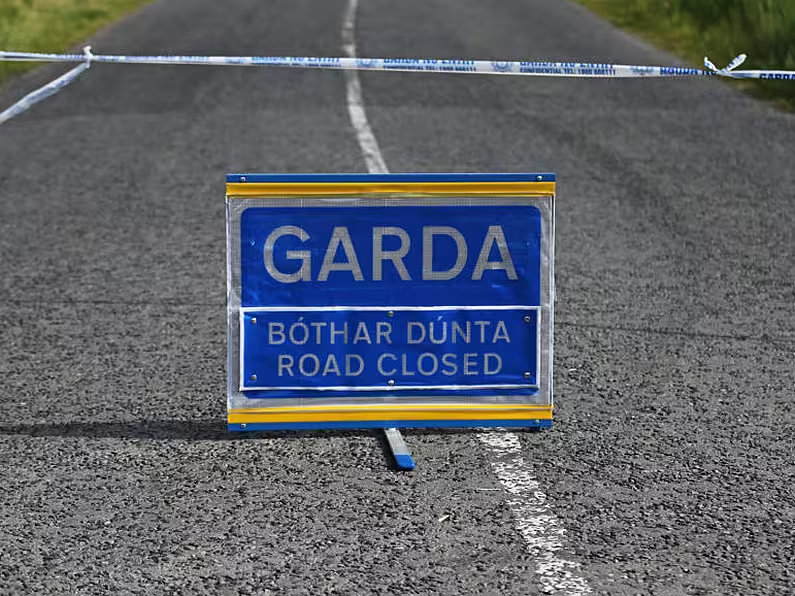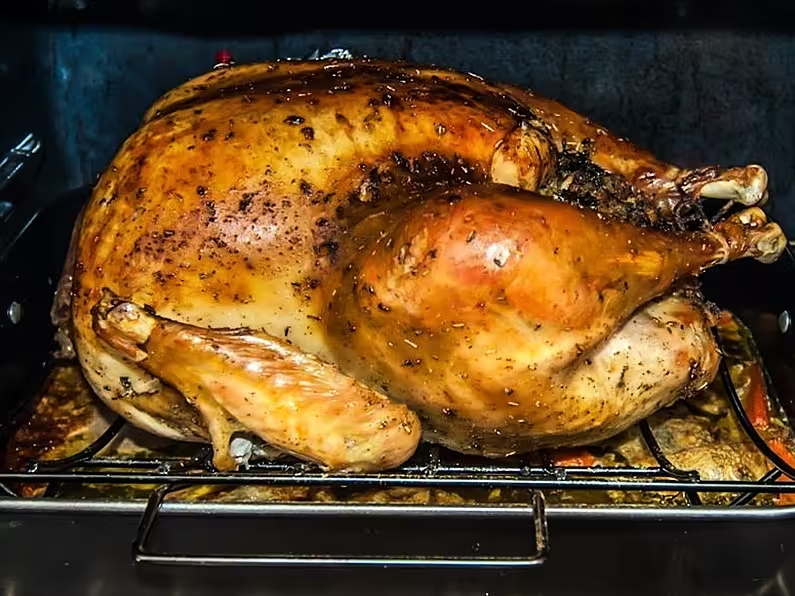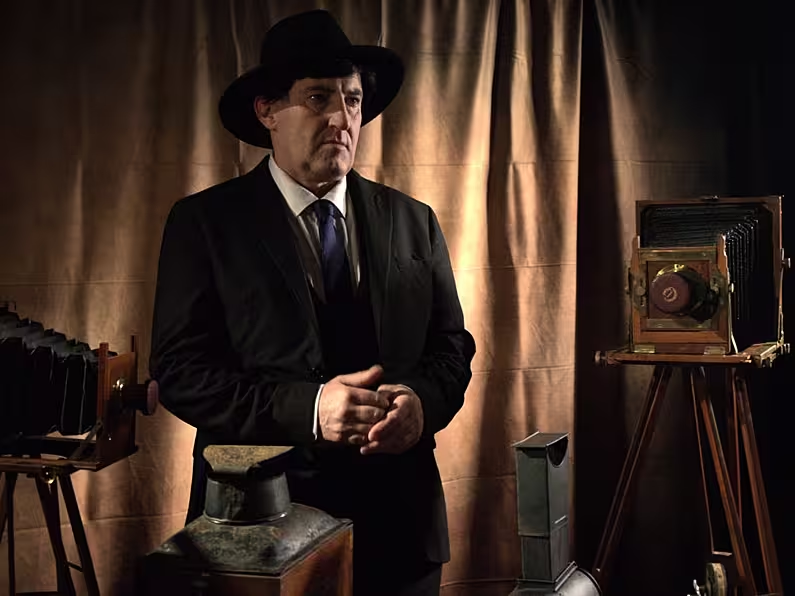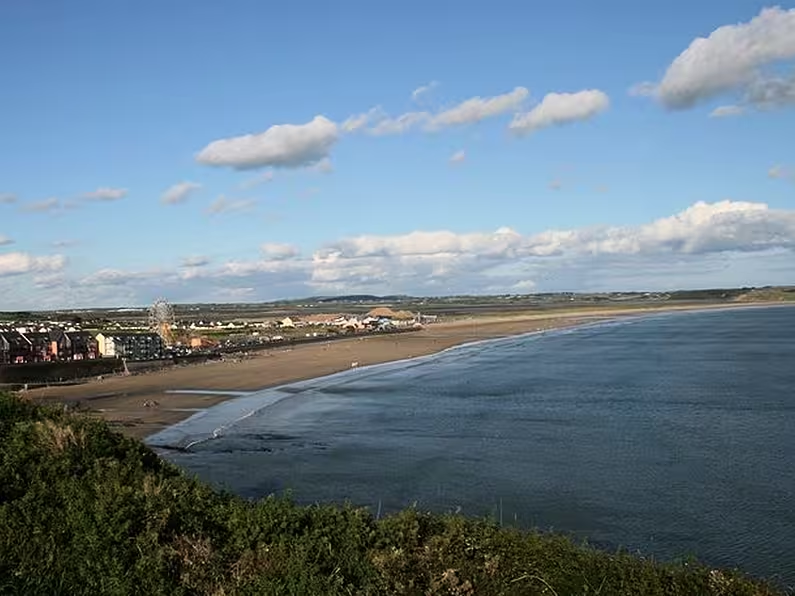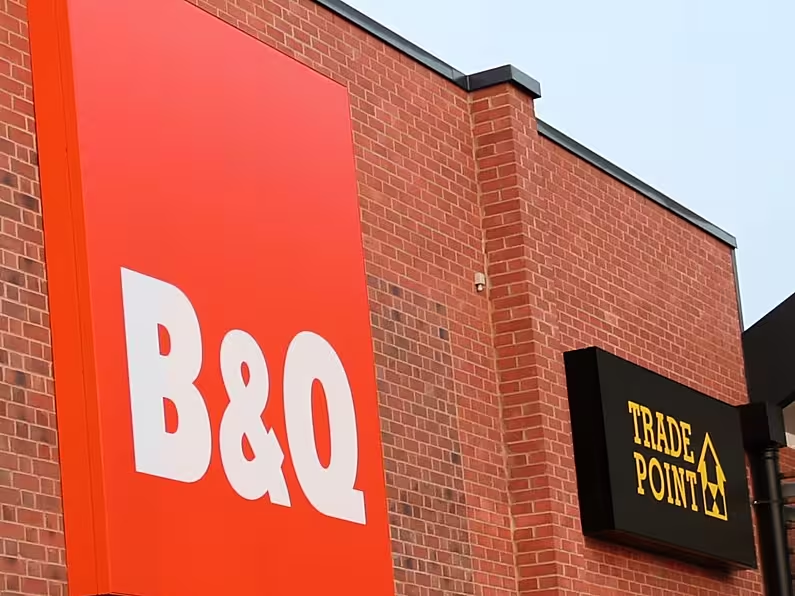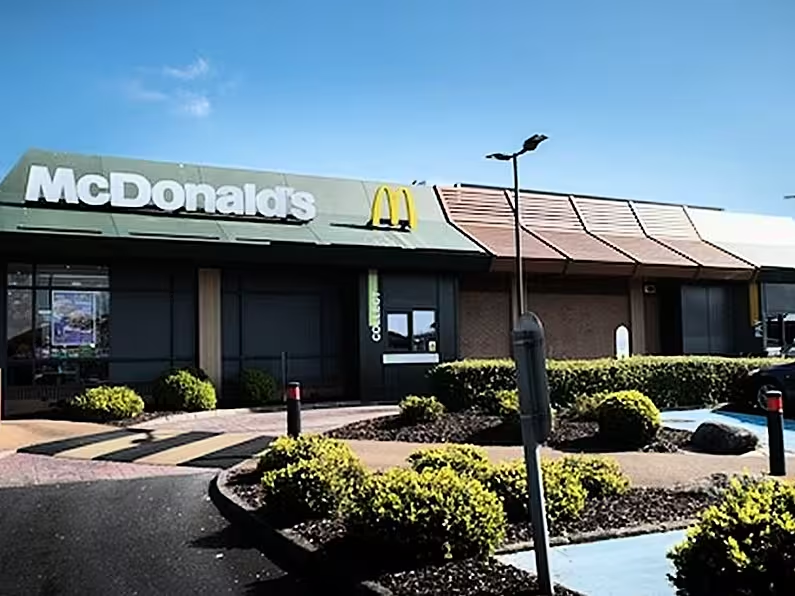The number of Irish passports issued in Britain is set to almost double this year compared with the last full year before the EU referendum, Ireland's ambassador to the UK has said.
Dan Mulhall pinned the surge in demand on the Brexit vote, with Ireland remaining inside the European Union.
Around 50,000 Irish passports are usually issued in Britain each year, Mr Mulhall has previously said.
He told BBC Radio 4's Today programme: "I'm responsible, obviously, for our passport operation here in Britain, and for the five years up to last year the demand was pretty flat, and last year it rose by 40%.
"That rise was all in the second half of the year, so we have to attribute that to the impact of last year's referendum.
"So far this year we've seen another increase and it looks as if we are going to be close enough to doubling the number of passports this year compared with 2015, which was the last pre-Brexit year.
"So there has been a significant rise, not just in Britain but also in Northern Ireland."

Mr Mulhall said 500,000 Irish passports were issued to applicants around the world in the first half of 2017.
"That's an extraordinary number of passports, well up on our previous numbers, which means that people around the world - many of them may be British people living in Europe, living elsewhere, with Irish connections - are looking for Irish passports in order to safeguard their position for the future," he added.
Speaking ahead of Irish Taoiseach Leo Varadkar's first visit to the North since taking the role, Mr Mulhall said a hard border was "not feasible" and impracticable between the north and south of the island, as he stressed the need for flexible and creative solutions over the border.
"The clock is ticking now, time is moving on, and I suppose you're hearing a bit of urgency on our part, not least to have an Executive up and running in Northern Ireland so that they can contribute to this very important debate," he said.
Mr Mulhall also told Today that Ireland ideally wanted the UK to remain in the EU customs union.
He said: "I think people are now beginning to realise the complexities of leaving the European Union, and there's a debate developing here.
"We're making our position clear, which would be ideally we would wish Britain to remain in the European Union - that's not going to happen.
"We would like Britain to remain in the single market, that may not happen.
"But we think putting forward our view that remaining in the customs union would resolve many of these issues on the border of the isle of Ireland, that seems to us to be a practical solution."





